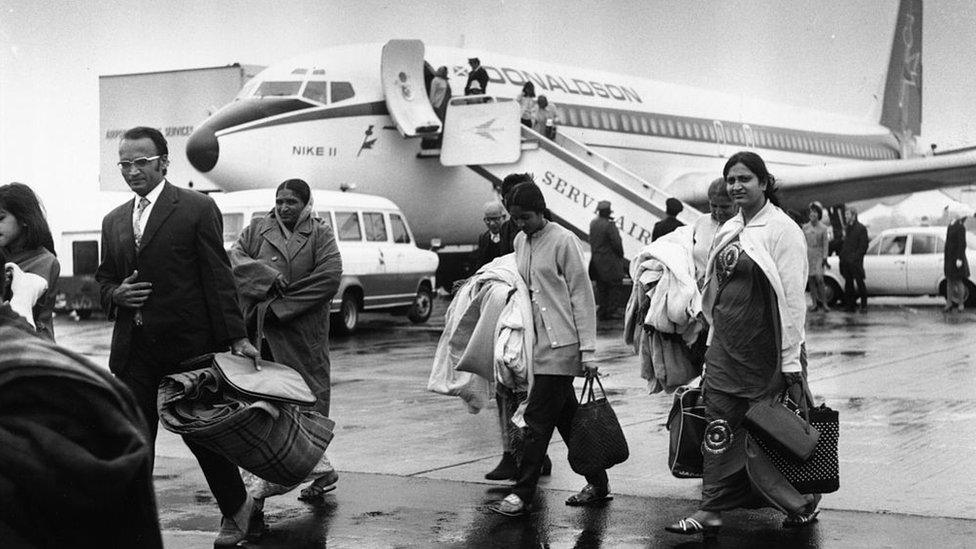Uganda: Midwife recalls delivering dictator Idi Amin's baby
- Published
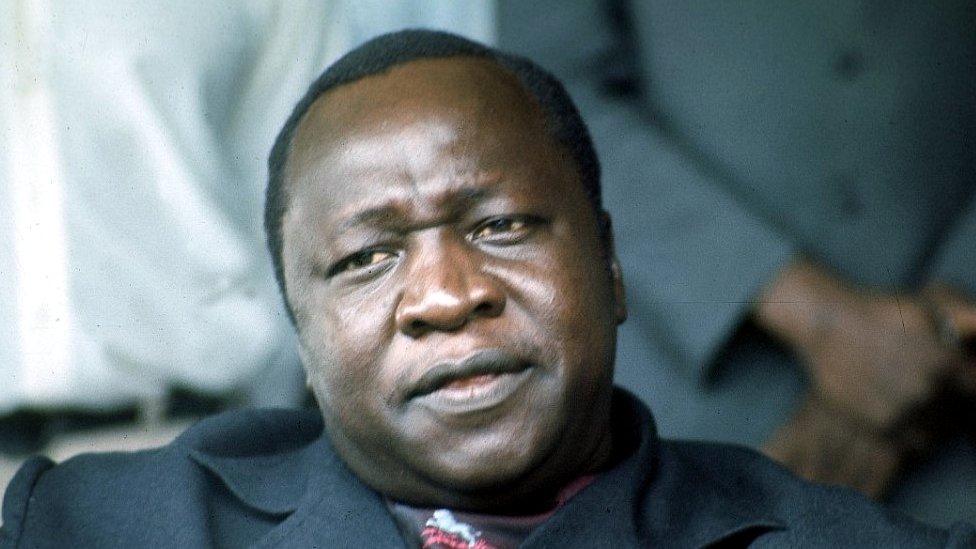
Idi Amin ruled Uganda between 1971 and 1979
A former midwife has recalled the moment she helped deliver a child of murderous Ugandan dictator Idi Amin, 50 years since thousands of people like her fled the country.
Yasmin Lalani was among 80,000 Ugandan Asians who were expelled by the despot in 1972.
Now living in Lancashire, she described Amin as "very cold" and remembered his vacant, emotionless face.
His wife, however, was "very nice" and Ms Lalani said they "had some laughs".
She continued: "Everyone was scared of his name, never mind him.
"He didn't have any feelings on his face, nothing at all. He was cold, very cold."
But Ms Lalani, who now lives in the village of Wilpshire, added: "He was in a uniform but I was in my uniform, which I felt was greater than his at the time because I was in the process of saving lives."
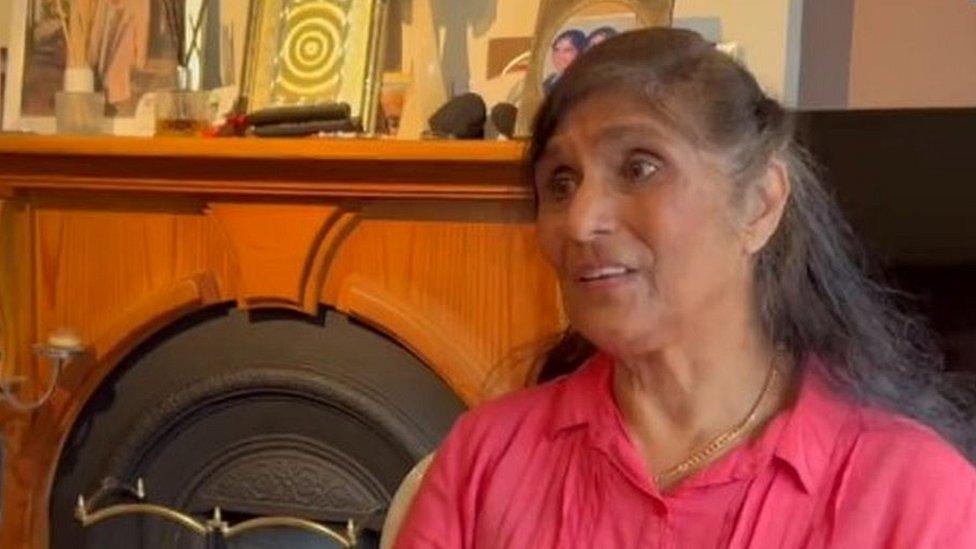
Yasmin Lalani worked as a midwife in the Ugandan capital of Kampala
Ms Lalani was 21 when she helped care for Amin's fourth wife, who gave birth to a boy in a VIP hospital ward in the Ugandan capital of Kampala.
"She was very well-educated. She was what I would call a human so we had some laughs as well. She was very nice," she said.
Amin rose to power in a bloody coup in 1971 and his eight-year rule, external went on to oversee the deaths of about 300,000 people.
The dictator gave Ugandan Asians 90 days to leave.
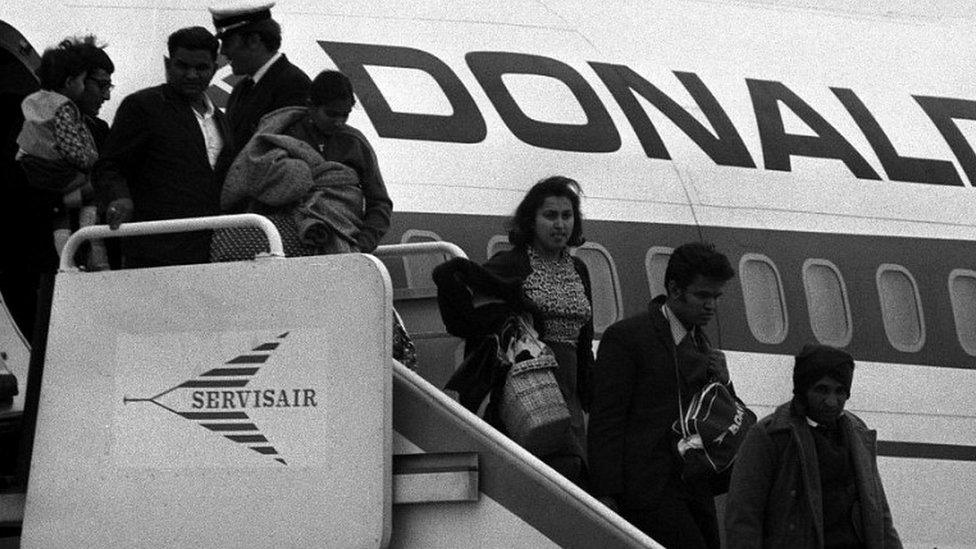
More than 28,000 Ugandan Asians arrived in the UK after they were expelled in 1972
Ms Lalani said the order "didn't bother us a lot at the time because we thought it would calm down".
But fears soon grew, and she became one of the 28,000 Ugandan Asians who took refuge in the UK.
"Everybody was frightened. The problem was we did not know what would come out next," she said.
She described the dictator as being "very controlling".
"In the beginning, he first banned miniskirts and then he banned wigs and I asked his wife why was he doing that," she said.
"She said he had a dream that God had told him to do that so he was following God's commands."
Ms Lalani remembers the atmosphere on the streets as "frightening" as stories of brutality and murder began to spread.
Allow X content?
This article contains content provided by X. We ask for your permission before anything is loaded, as they may be using cookies and other technologies. You may want to read X’s cookie policy, external and privacy policy, external before accepting. To view this content choose ‘accept and continue’.
She recalled hearing about a six-year old Asian girl who was grabbed and killed while on a shopping trip with her family.
"If you saw a soldier or even an army van, you were petrified, you just ran for cover," she said.
Ms Lalani said one of her closest friends was raped and later took her own life.
"And that is only one. God knows how many others that happened to," she said.
"Fifty years on, I can still cry when I hear these things. They're still in front of me. The feeling is indescribable."

Why not follow BBC North West on Facebook, external, Twitter, external and Instagram, external? You can also send story ideas to northwest.newsonline@bbc.co.uk
Related topics
- Published4 August 2022
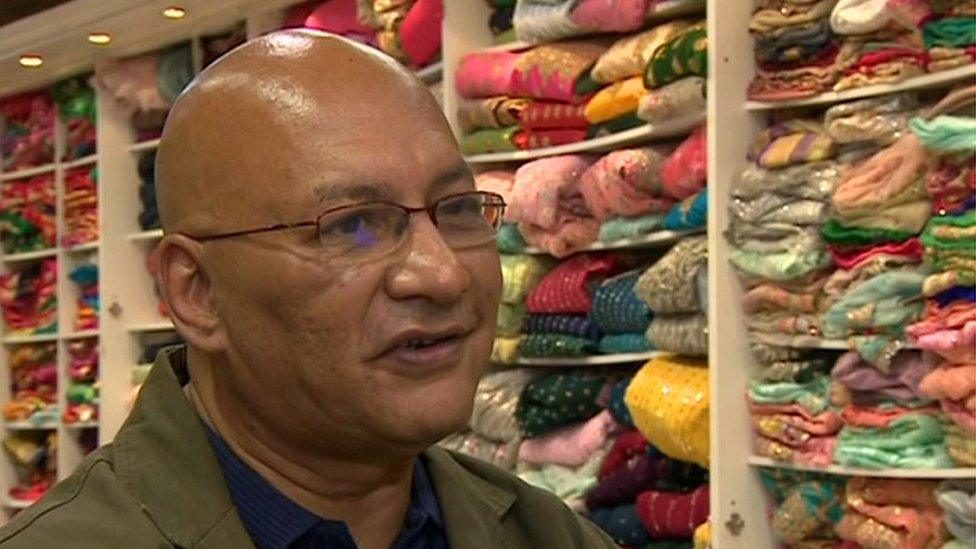
- Published4 August 2022
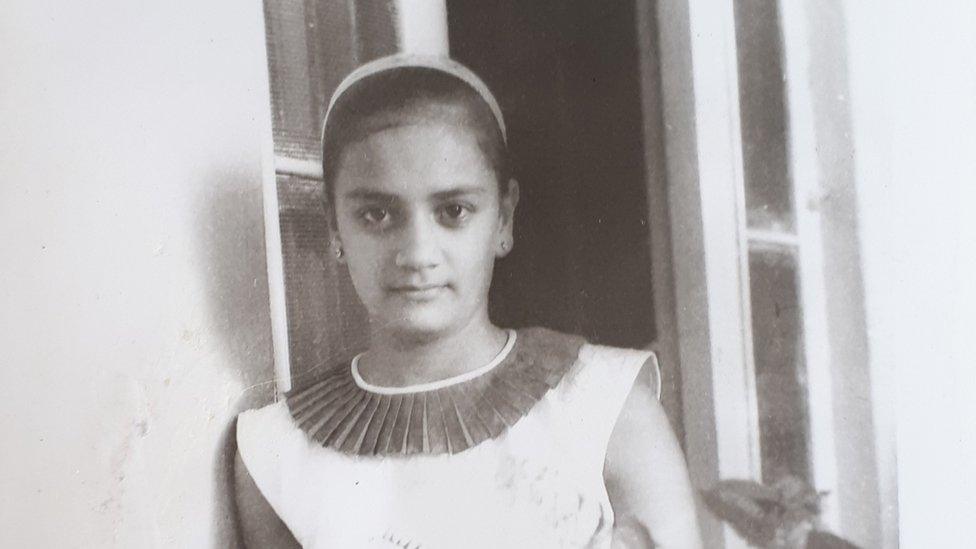
- Published30 July 2022
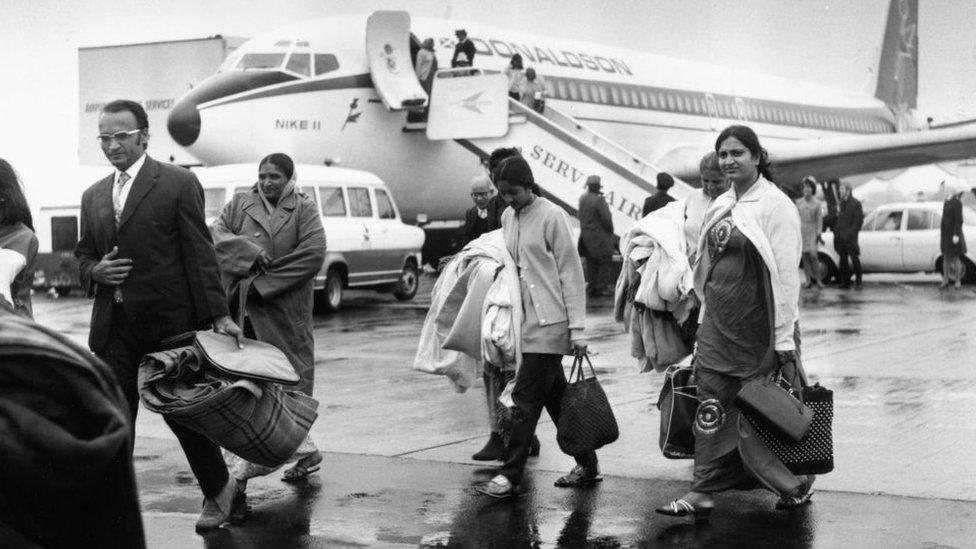
- Published8 July 2022
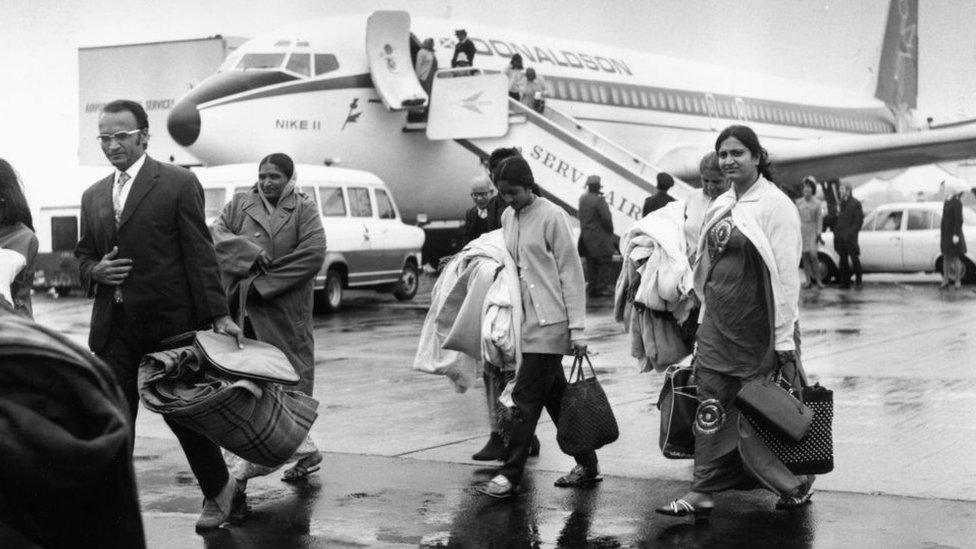
- Published15 May 2016
